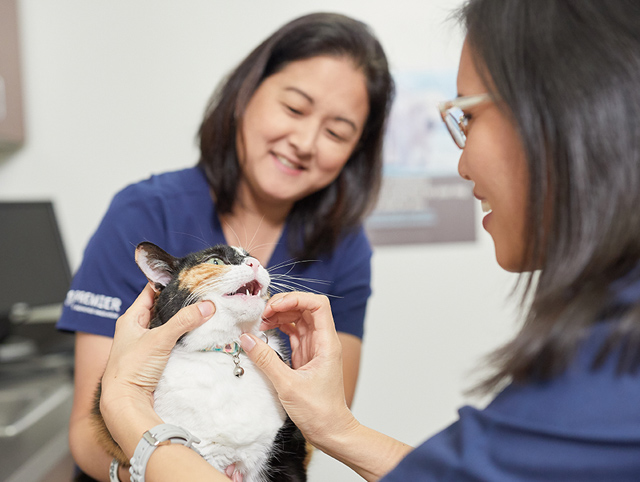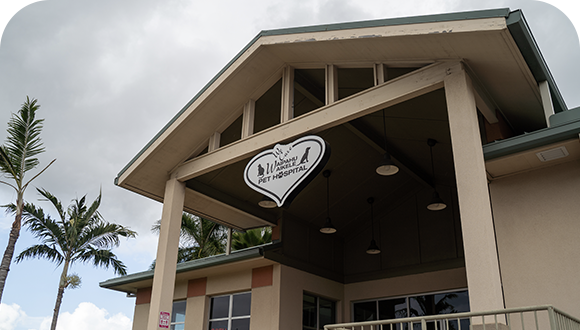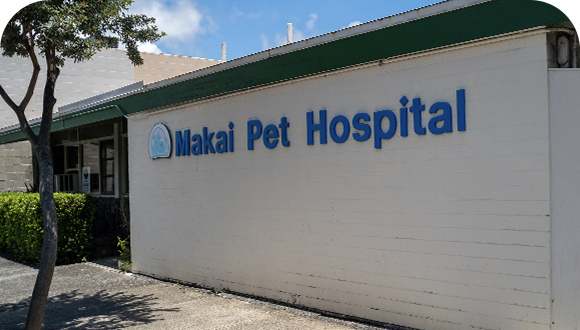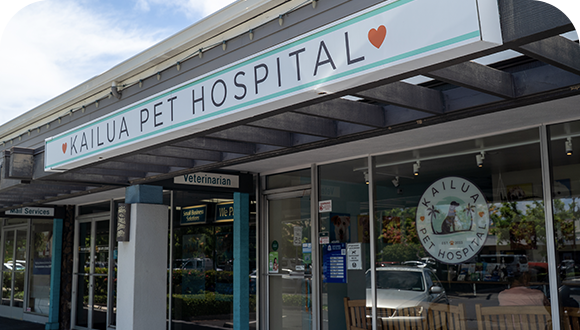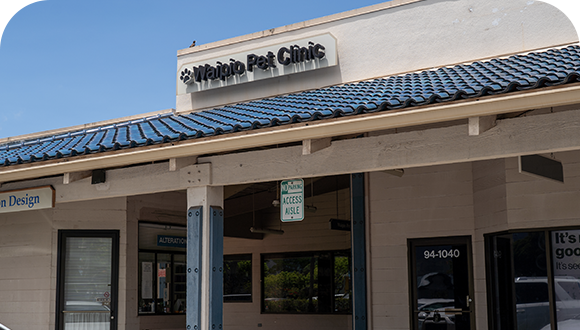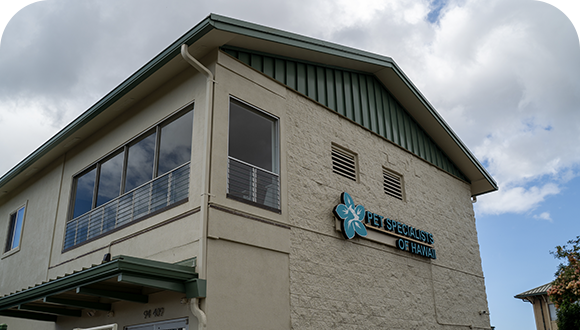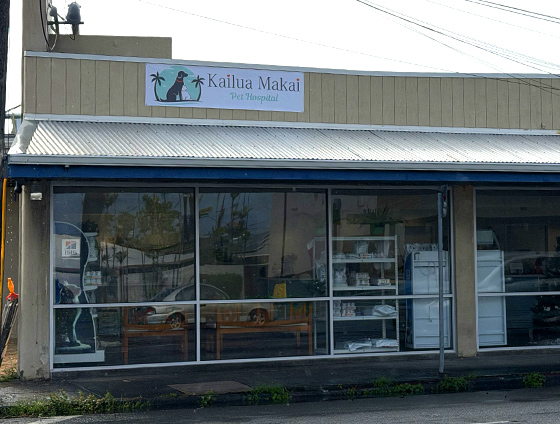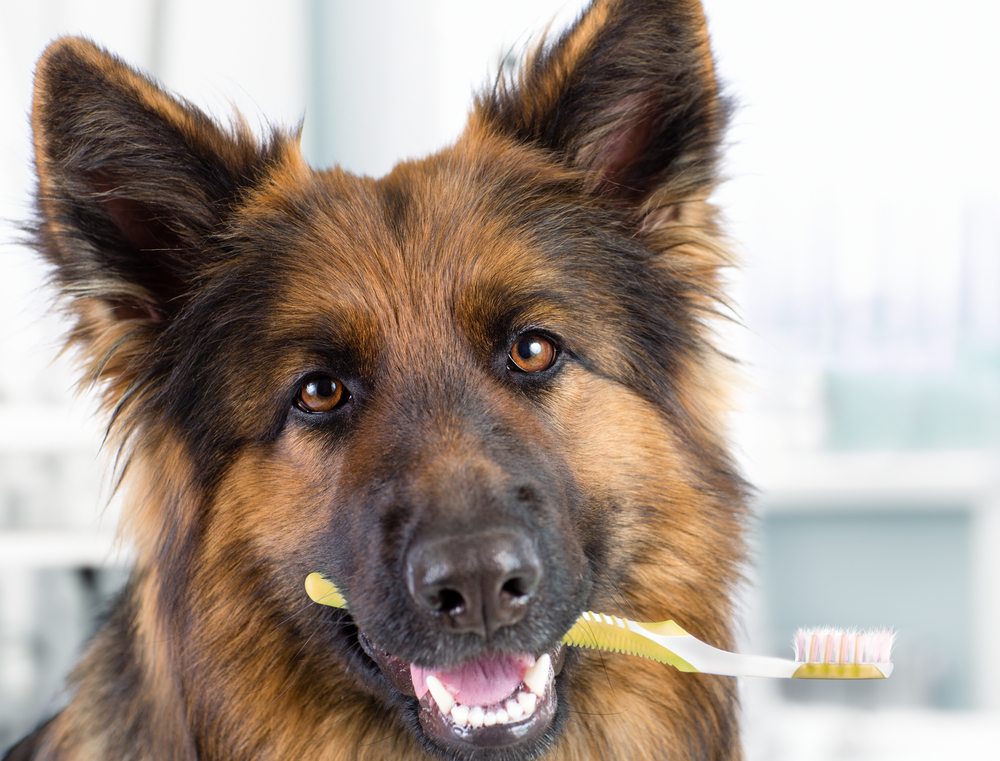
Maintaining the dental health of our pets is as significant as our own. It's a critical aspect of their overall well-being, often overlooked in the hustle and bustle of everyday life. We often forget that our pets are just as prone to dental issues as we are. If left unchecked, these issues can lead to painful conditions and serious health complications.
Understanding Common Dental Problems in Pets
Common dental problems in pets vary across different breeds and sizes, much like in humans. The most common dental issue in pets is periodontal disease, originating from plaque buildup. If this plaque isn’t removed, it solidifies into tartar, leading to gum inflammation and, eventually, to periodontal disease.
Another common dental problem pets face is tooth resorption. This painful condition is more prevalent in cats and is characterized by the breakdown of a tooth from the inside out. Dental abscesses are also common in pets, typically resulting from a bacterial infection in the tooth pulp.
Lastly, pets, particularly dogs, can suffer from fractured teeth due to chewing on hard objects. Fractured teeth can expose the nerve endings, leading to pain and infection. Understanding these common dental problems in pets is the first step towards prevention.
The Impact of Dental Problems on a Pet's Overall Health
The perils of dental problems in pets go beyond bad breath and discomfort. When left untreated, these issues can have a profound impact on a pet’s overall health. Dental diseases can lead to loss of appetite, weight loss, and changes in behavior.
Even more alarmingly, dental problems can lead to systemic diseases. Bacteria from the mouth can enter the bloodstream, affecting major organs such as the heart, liver, and kidneys. This can result in life-threatening conditions that could have been prevented with proper dental care.
The emotional toll that dental problems can have on pets and their owners is also significant. Pets suffering from dental issues may become irritable or depressed, and seeing our beloved companions in pain can be heartbreaking. This underscores the critical importance of maintaining our pets' dental health.
How to Prevent Dental Problems in Pets
Preventing dental problems in pets requires a proactive approach. The most effective method is regular brushing of your pet’s teeth. This might seem daunting, but with patience and practice, it can become a routine part of your pet care.
Feeding your pet a balanced diet is equally important. Certain foods can help clean your pet’s teeth as they eat. Talk to your vet about the best diet for your pet’s dental health.
Additionally, providing safe chew toys can also help keep your pet’s teeth clean. However, avoid hard bones or toys that could fracture your pet's teeth. Regular dental check-ups are also essential for early detection and prevention of dental diseases.
Dental Treats and Toys
Dental treats and toys can be great aids in maintaining your pet’s dental health. They not only help clean your pet’s teeth but also stimulate their gums, reducing the risk of gum disease.
However, it’s crucial to choose dental treats and toys wisely. Not all products are created equal. Look for those approved by the Veterinary Oral Health Council (VOHC). These products meet specific standards for plaque and tartar reduction.
Regular Veterinary Checks for Pet Dental Health
Annual veterinary checks are crucial for maintaining your pet's dental health. These check-ups allow for early detection and treatment of dental problems, preventing them from escalating into serious health issues.
During a dental check-up, your veterinarian will perform a thorough examination of your pet’s mouth and may recommend a professional dental cleaning if necessary. This kind of cleaning goes beyond what we can achieve at home and can significantly improve your pet's oral health.
Ensuring Your Pet's Dental Health
Taking care of our pets' dental health is not just about fresh breath and nice smiles. Remember to brush your pet's teeth regularly, provide a balanced diet, choose appropriate dental treats and toys, and schedule regular veterinary checks. By doing so, you are taking significant steps to ensure your pet's dental health.
To learn more about common dental problems in pets and how to prevent them, visit Pet Hospitals of Hawaii at our Waipahu, Hawaii, office. Call (808) 671-7387 (PETS) to schedule an appointment today.


